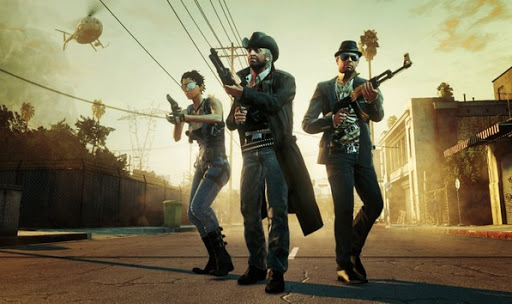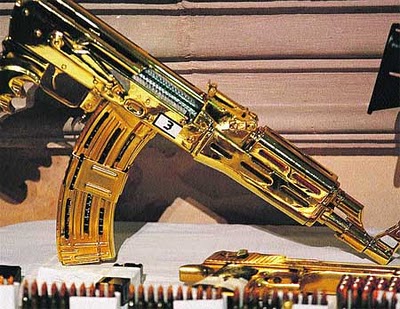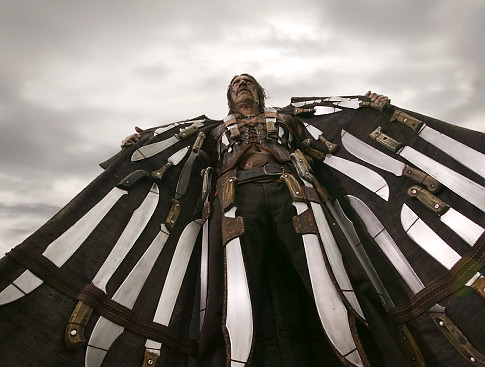This post has not been edited by the GamesBeat staff. Opinions by GamesBeat community writers do not necessarily reflect those of the staff.
Ubisoft's open-world western Call of Juarez: The Cartel transports the series' setting from the 1800s to the modernized world of Mexican organized crime. People have balked at the idea of making a game that hews so close the problems with modern Mexican cartels. But the issue of playing as member of a criminal organization is not unique to this title. Scarface, Mafia, and The Godfather all dealt with relatively modern organized crime.

Time to close the borders
But perhaps a closer parallel is EA's Medal of Honor. Its portrayal of the war in Afghanistan caught a lot of flak, too. Clearly, it's not a matter of content. It's a matter of time and circumstance. Mexico's drug wars are happening in the U.S.' backyard right now. But why is there this bias against present-day situations? Is it fair to say that video-game creators should shy away from the violent current events that other media dabble in? No one is requiring music, movies, or literature to tiptoe around the troubles in Mexico. Each medium has many expositions on the subject.
The question is whether or not video games trivialize the devastating impact these cartel wars are having on Mexican culture. The violence is so out of control that local media no longer reports on drug-cartel activity for fear of death as a reprisal.

A gold plated AK-47
In Mexican music, the rise and fall of narcocorrido is an example of what mainstream consumers will accept. Over time, mainstream audiences have come to reject it, and radio stations have adhered to a self-imposed ban of narcocorrido as the bloodshed has grown. But while the demand for narcocorrido may have dropped among the wider range of consumers, the songs still remain hugely popular with young adults.
Many films have been critical of the drug cartels. Steve Soderbergh's Traffic stands stands out in this category, with its portrayal of the level of violence and corruption Mexico faces. While certain characters in Traffic seem ripped from the headlines, Robert Rodriguez's films (El Mariachi, Desperado, Once Upon a Time in Mexico, and the lowbrow Machete) have all dealt with cartels and their violence in a more fantastical way. Perhaps THQ green-lit the project based on the popularity of his films.

Danny Trejo plays an ex-federale killing narcos and feds in Machete
In regards to literature, Roberto Bolaño's cryptic novel 2666 deals with the horrors of 21st century Mexican life. It includes multiple femicides, committed in the city of Juarez, that still remain unsolved. (These murders were also part of the plot of the 2006 Jennifer Lopez and Antonio Banderas film Bordertown.)
Do publisher Ubisoft and developer Techland have no right to take on the subject? The answer becomes diffcult to answer as the cartel violence continues and as the Mexican government struggles to bring the war to an end. But if a 2011 video game based around the topic is so controversial, why did no one care when Machete came out in 2010?
